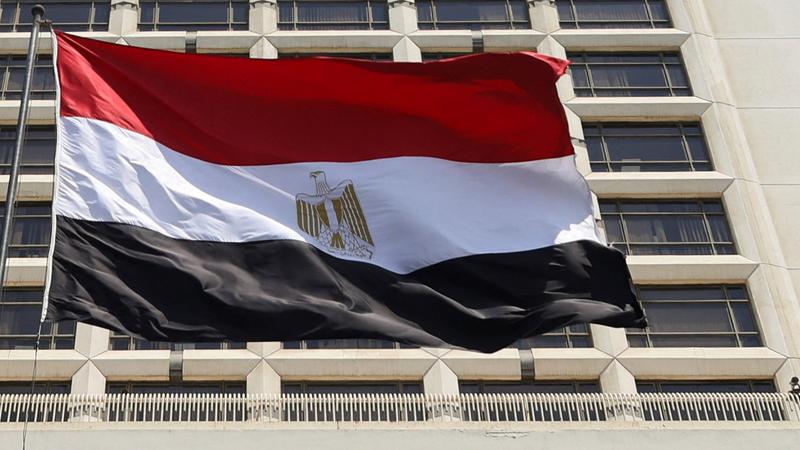CAIRO, (PIC)
The head of Egypt’s State Information Service (SIS), Diaa Rashwan, said the Egyptian-Qatari mediation in the ceasefire negotiations in Gaza is based on a position that is aligned with international law, legitimate rights and resolutions of international legitimacy, stressing that what Cairo and Doha propose adheres to the principles of justice and takes into account the humanitarian and political dimensions of the crisis.
Rashwan explained in a press release on Tuesday that Israel, in this round, was keen to deliver its negotiating proposals, which, according to his estimation, is related to an internal timing issue related to the intention of US President Donald Trump to visit the region next month, which pushes Tel Aviv to try to achieve negotiating gains before this date.
He added that Israeli Prime Minister Benjamin Netanyahu’s recent visit to Washington showed an unprecedented crisis in the relationship with the US administration, compared to his previous receptions, reflecting a change in the political and international mood towards the ongoing war on Gaza.
Rashwan expressed belief that the new Israeli conditions are more an expression of an internal crisis in the Israeli government than a position of strength, noting that the mediators are aware of the nature of this delicate stage and that Israel is raising its demands unrealistically as a means of negotiating pressure.
Hamas recently received a new Israeli proposal for a ceasefire in the Gaza Strip, which includes a temporary truce for 45 days, with the aim of negotiating a permanent ceasefire during this period, along with the release of hostages in exchange for Palestinian prisoners.
The Israeli proposal stipulates the disarmament of the resistance, a key condition in the Israeli proposal, which is completely different from the Egyptian initiative.
The proposal stipulates the release of ten Israeli prisoners in stages, starting with the release of Israeli-American prisoner Edan Alexander on the first day of the truce, “as a special gesture towards the United States.”
Subsequent stages include the release of nine other Israeli captives in exchange for the release of 120 Palestinian detainees serving life sentences and more than 1,100 detainees who have not been charged since October 7, 2023.
The proposal also includes the exchange of information between the two sides about the fate of Israeli captives and Palestinian detainees, the handover of the bodies of 16 Israeli prisoners in exchange for the remains of 160 Palestinians held by Israel, and the withdrawal of the Israeli occupation army from areas in the Gaza Strip for seven days, including Rafah and some areas in central, northern and eastern Gaza.
The proposal emphasizes the entry of humanitarian aid into the Strip, ensuring accessibility of aid to civilians, as well as allowing the entry of equipment to shelter the displaced.
However, the proposal includes a clause in which Israel demands the “disarmament of Gaza,” which Hamas considers a red line, as well as the absence of guarantees of a permanent cessation of the war, which the Movement insists on as part of any comprehensive agreement.
Sami Abu Zuhri, the head of Hamas’s political department abroad, told Al Jazeera Mubasher that the Movement is open to all offers that alleviate the suffering of the Palestinian people, but Israeli Prime Minister Benjamin Netanyahu is presenting obstructive conditions to thwart any ceasefire agreement, and what he is asking for is a surrender agreement.















